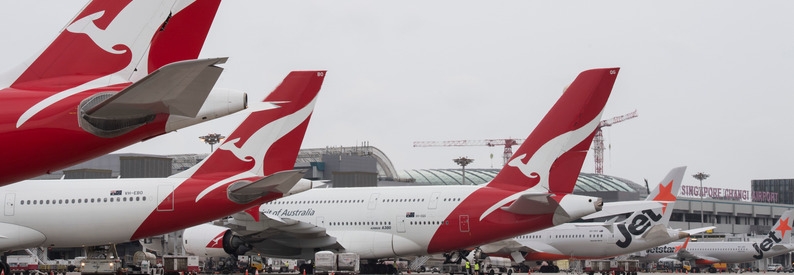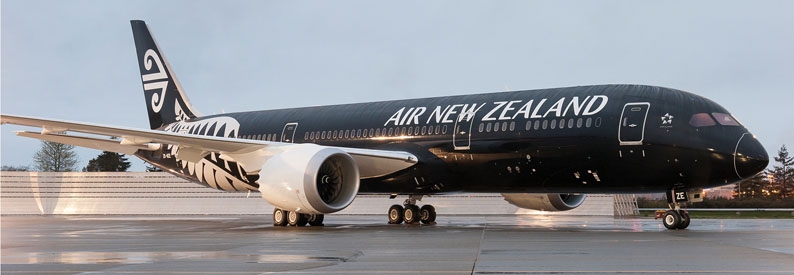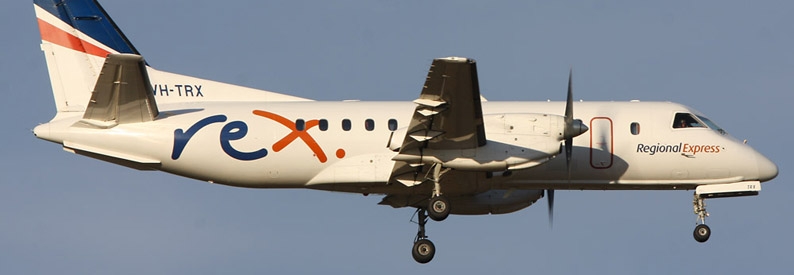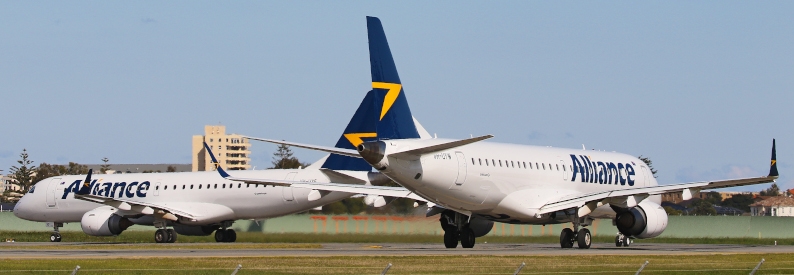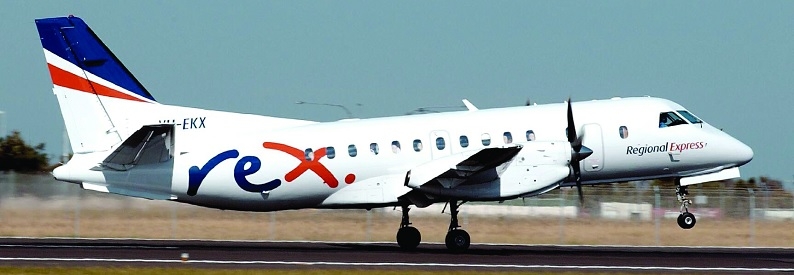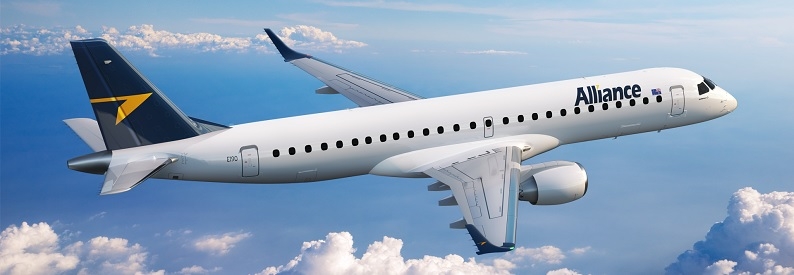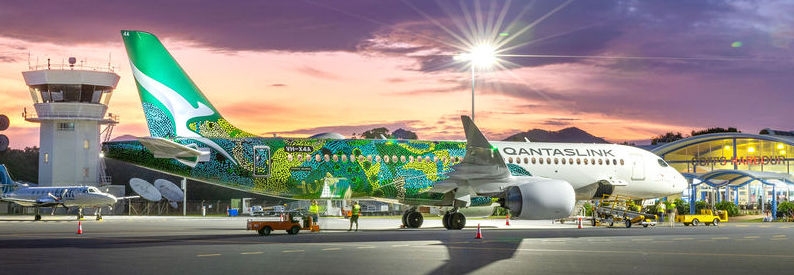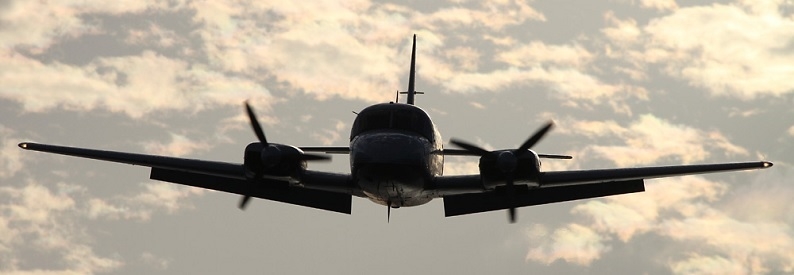Qantas (QF, Sydney Kingsford Smith) is planning to reactivate several A380-800s next year but will wait before committing to its tentative A350-1000(ULR) order until Australia's international borders reopen.
"We intend to bring five A380s back into service about a year ahead of schedule - from mid-2022 onwards - to fly to the UK and US. These were key markets for Qantas before COVID, and given how well they have recovered, we expect travel demand on these routes to be strong enough for the A380. We have the flexibility to bring back the other five A380s by early 2024, depending on how quickly the market recovers," Chief Executive Alan Joyce said during the carrier's annual earnings call.
The remaining two of Qantas's dozen A380-800s will be retired as they will be surplus to the carrier's requirements in any recovery scenario. The airline's A380s are 12 years old on average and are all owned by the airline. Nine are stored at Victorville airport and one each at Dresden, Los Angeles International, and Abu Dhabi International, the ch-aviation Commercial Aviation Aircraft Data module shows. The ten due to be returned to service will have their interiors refurbished and, Joyce said, would remain part of Qantas's fleet "for years to come".
Joyce said that "ultimately", the carrier's fleet will also include the A350-1000(ULR) for Project Sunrise, the marketing name for planned non-stop ultra-long-haul flights from Sydney Kingsford Smith and Melbourne Airport to destinations such as London Heathrow and New York JFK. However, the airline does not plan to finalise the order until Australia reallows international travel. Joyce said these flights would start in 2024-2025 at the earliest. The airline selected the A350 in late 2019 and planned to confirm the order for twelve units in 2020 but deferred the decision shortly after the COVID-19 pandemic began.
Currently, all scheduled international travel to Australia remains banned. The government permits a limited number of Australian residents and other essential travellers to enter the country.
"Pending final decisions by government in the months ahead, we expect flights to countries with high vaccine rates to resume from mid-December 2021 onwards - that includes Singapore Changi, Japan, the US, the UK, and hopefully New Zealand. Flights to places with lower vaccination rates will restart from April 2022 at the earliest - like Denpasar, Jakarta Soekarno-Hatta, Manila Ninoy Aquino International, and Johannesburg O.R. Tambo," Joyce said.
He added that the key factor was the quarantine requirements for returning Australians and other visitors, which will heavily impact the level of bookings. Based on customer surveys, Qantas estimates that pent-up demand for international travel is currently three times higher than before the pandemic.
In the investor presentation, the carrier added further colour by saying that its international flights in December 2021 will operate using A330 and B787 aircraft for intercontinental flights and B737-800s and A320 Family aircraft for services to Nadi. The airline added that it was exploring replacing or supplementing its B787-9 flights to London operated via Perth International with services via Darwin due to less restrictive border policies in the Northern Territory. A380 operations, once they resume in 2022, will continue to be routed via Singapore.
"Qantas will extend the range of its A330-200 aircraft [of which it operates 18] to operate some trans-Pacific routes such as Brisbane International-Los Angeles and Brisbane-San Francisco. This involves some technical changes that are now being finalised with Airbus," the airline added.
The group also deferred deliveries of three B787-9s and two A321-200N aircraft by another 12 months. Currently, both the remaining B787-9s and the first A321neo (to be operated by LCC unit Jetstar Airways) are scheduled to deliver after July 2022. Qantas has firm orders for forty-five A320-200Ns, one A321-200N, twenty-seven A321-200NX(LR)s, thirty-six A321-200NY(XLR)s, and three B787-9s. The airline said the lower utilisation rate of its existing aircraft would allow it to extend their total service life from the "normal" figure of around 20 years to 24-26 years.
Due to the COVID-19 impact, Qantas Group lost AUD1.83 billion Australian dollars (USD1.33 billion), excluding exceptional items in the year ended on June 30, 2021.
- Type
- Base
- Aircraft
- Destinations
- Routes
- Daily Flights

